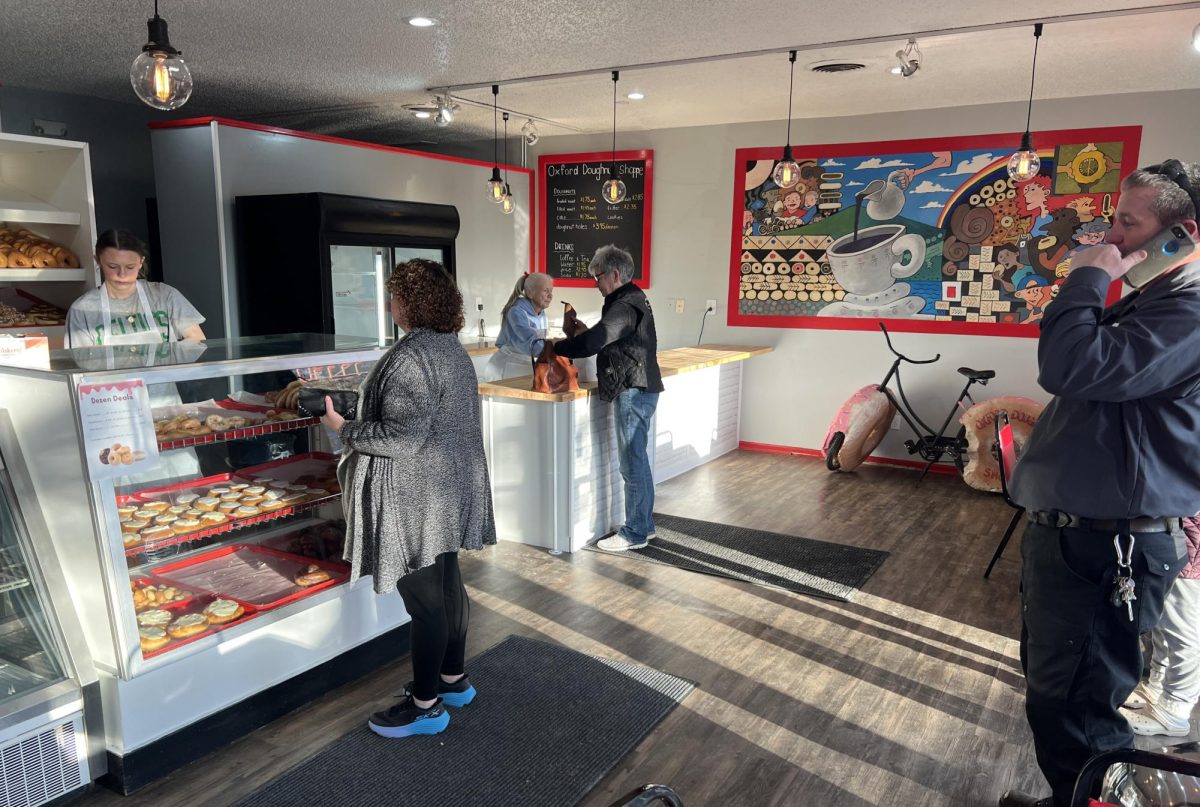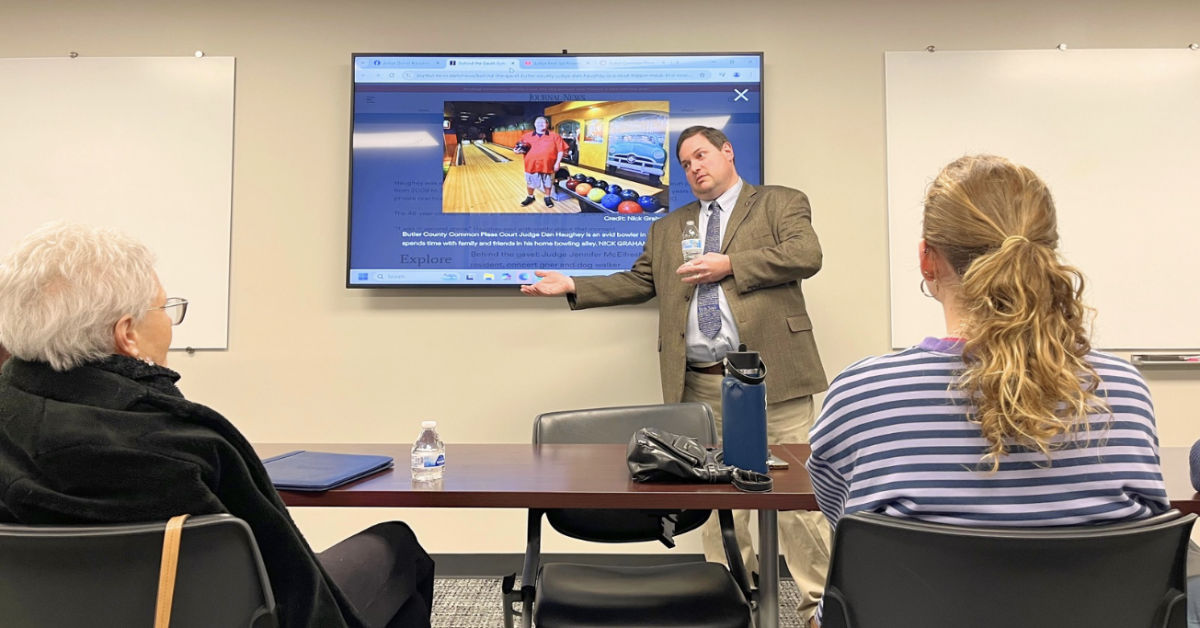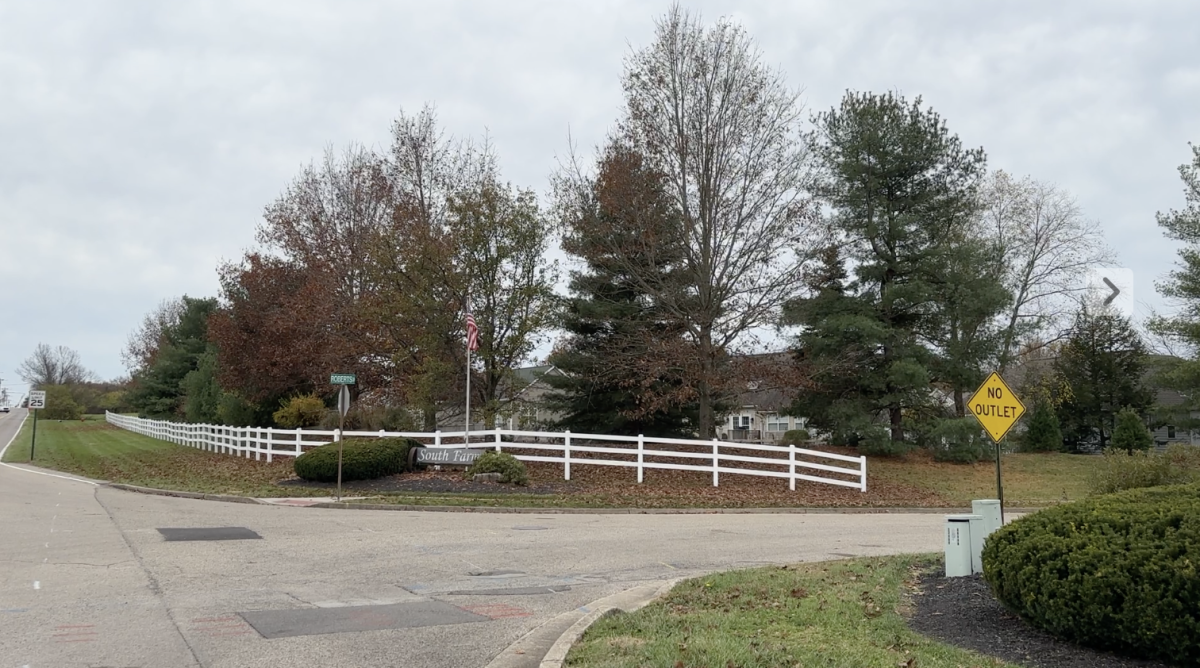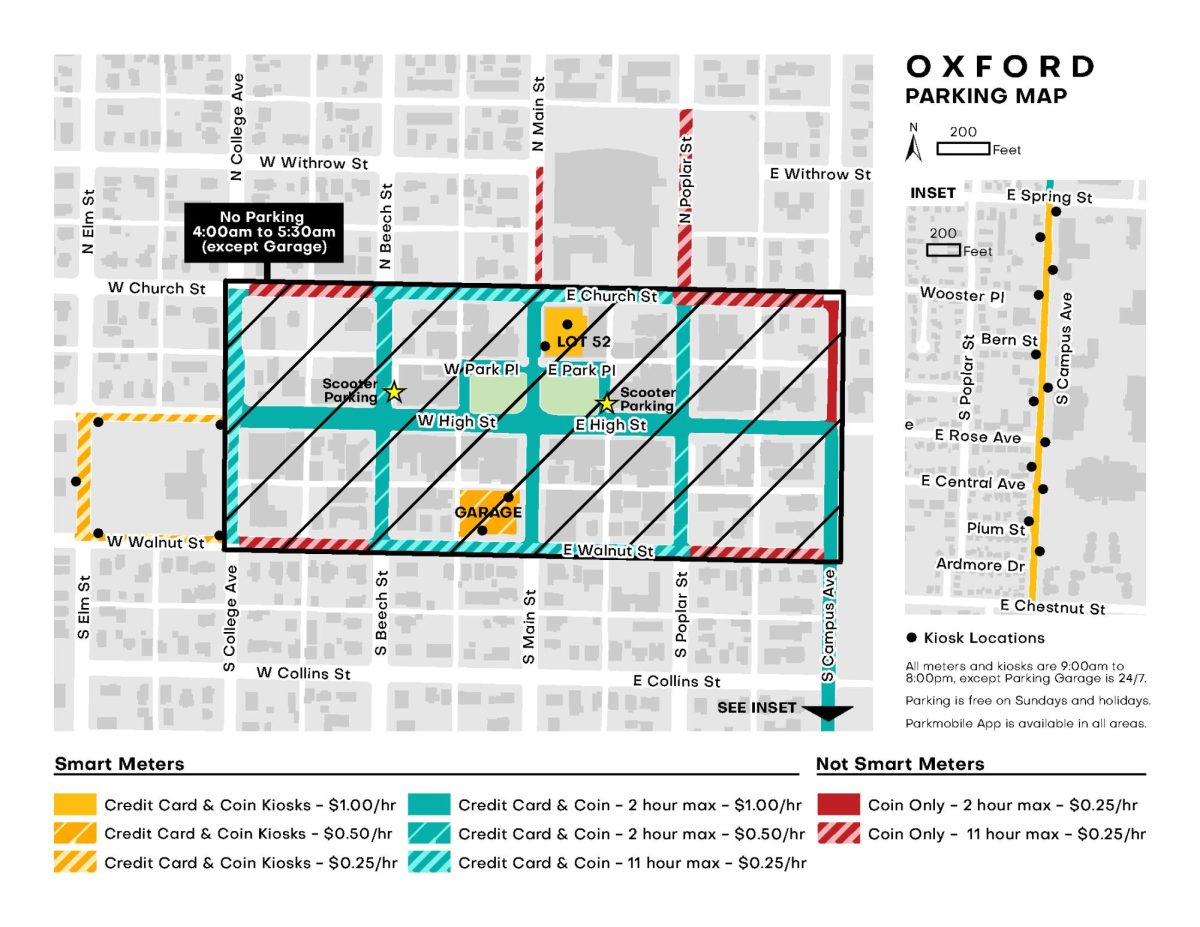Making Oxford more environmentally sustainable is the top goal for 2019 to come out of the city government’s recent strategic planning retreat.
Sustainability, as it’s broadly characterized, came at the head of a list of eight general priorities and goals developed by city council, the mayor and city department heads at the Feb. 1 retreat at Hueston Woods State Park Lodge.
During the retreat, members of council said that issues of sustainability had been the top concerns of voters during the council election campaign of 2017, said council member Chantel Raghu. “Most people were concerned about trash and litter, the way our town looked, and environmental issues,” she said.
“Sustainability, to me, is between the economy, people and the environment,” Raghu said. “It’s not necessarily just the environment, but it’s about what’s sustainable for local businesses, what’s sustainable for people to have a clean town.”
Given the importance of environmentally minded sustainability, council is planning for an April 1 implementation of a food composting pilot program available to all citizens. Additionally, there are plans in place to inventory Oxford’s total greenhouse gas emissions, as well as to assess and vote on the body’s climate commitment, according to a written summation of the retreat by Mayor Kate Rousmaniere.
The eight goals, in order priority: sustainability; housing diversity and affordability; strategic town-gown planning; diverse transportation options and accessibility; economic development and diversity; expansion of historic preservation in the Mile Square; improved public communication and engagement; and improved health, safety and wellness.
“The first part of the meeting is we heard department heads review the previous year, and plans for the future year,” Rousmaniere said. Discussions and negotiations among the elected officials then lasted the rest of the day, she said.
The city staff concluded that their three biggest accomplishments for this year will be completion of the remodeling of the city building and police station and construction of the new city aquatic center. All three projects are now on schedule and within their budgets, according to the notes provided by Rousmaniere.
“We look at goals from the past year to see what we achieved, and what we’d like to see happen,” council member Edna Southard said. The debates among the elected officials “were friendly little chats, you might say. They weren’t formal speeches.”
“These priorities will be shared with city staff who will assess the cost, feasibility and financial impact of adopting such strategies, for their workload,” Rousmaniere said. The department heads will then determine how and win to implement the policy goals set by council, she said.
“We’re moving more towards a strategic planning model where we’re setting our goals, and then we’re tracking our progress,” council member David Prytherech said. “That’s a little bit of culture shift for council. We’re shifting from reacting to being proactive.”





